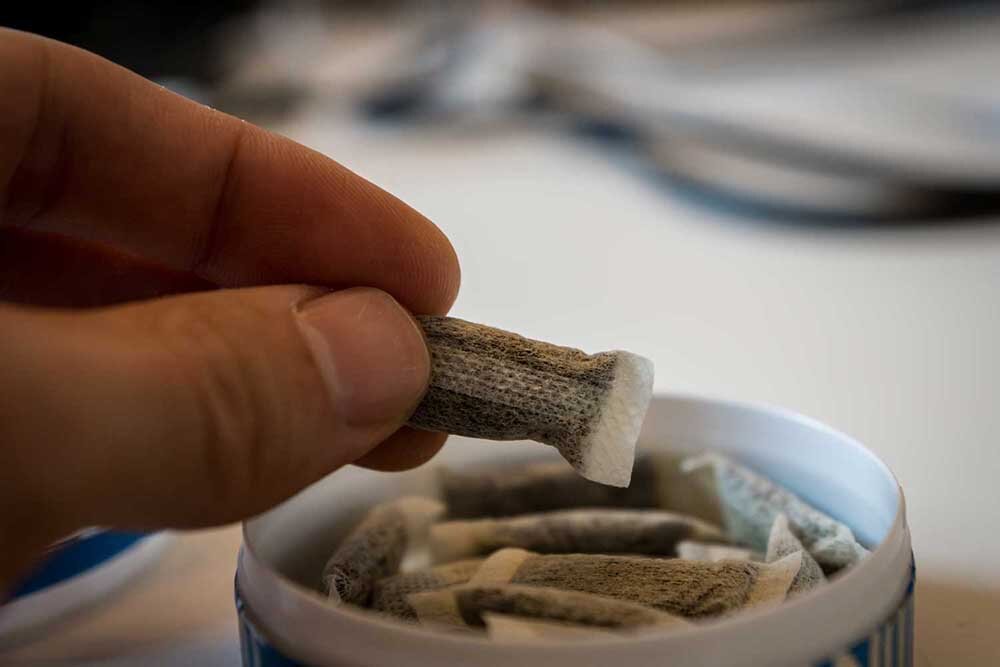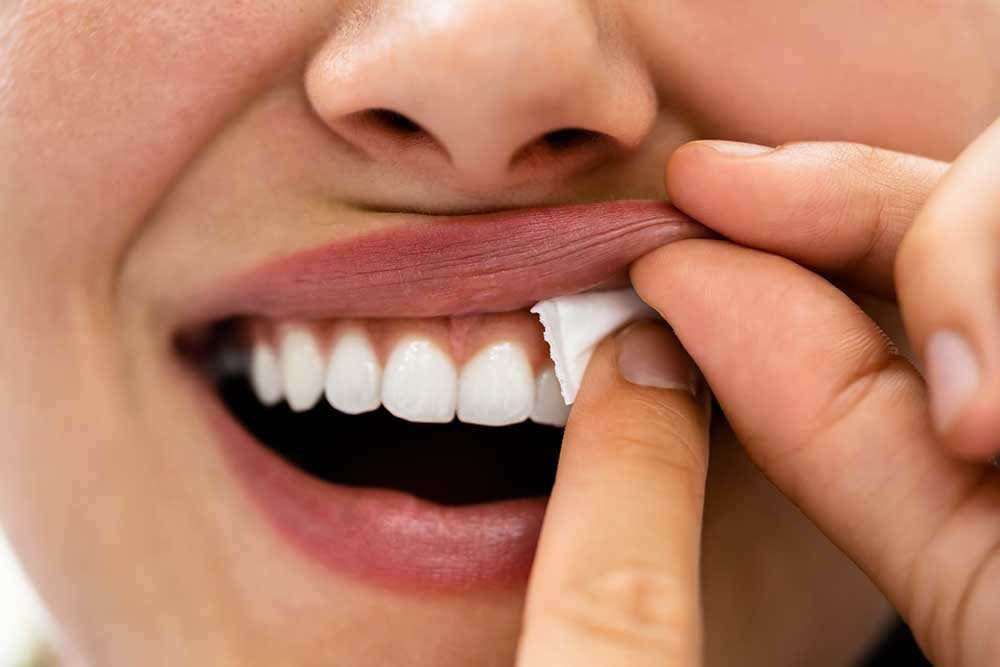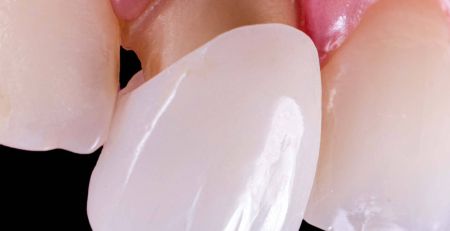Table of Contents
Snus, a form of smokeless tobacco, has gained popularity as an alternative to traditional tobacco products.
Originating from Scandinavian countries, snus is a moist powder under the upper lip that delivers a nicotine buzz.
While it may seem less harmful than smoking, it’s essential to understand the potential effects of snus on oral health.
Snus is a moist, smokeless tobacco powder usually packaged in small pouches. It is placed between the upper lip and gum, allowing the nicotine to be absorbed through the oral mucosa.
Snus differs from traditional chewing tobacco as it is not actively chewed but kept in place for an extended period.
Snus primarily comprises ground tobacco leaves, water, salt, and various flavourings. Pasteurization, used in its production, aims to reduce harmful substances compared to other smokeless tobacco products.
However, it’s important to note that snus still contains nicotine, which is highly addictive.
Potential Effects of Snus on Oral Health
Research suggests that snus use can have adverse effects on oral health.
The placement of snus pouches against the gum and oral tissues exposes them to the harmful chemicals present in the product.
Continuous use of snus can lead to various oral health issues, including:
- Gingival Recession: The constant presence of snus against the gums can cause the gum tissue to recede, exposing the sensitive tooth roots and increasing the risk of tooth decay and sensitivity.
- Tooth Discoloration: The nicotine and other chemicals in snus can cause teeth to become stained or discoloured, affecting the overall aesthetics of the smile.
- Oral Lesions: Some studies have linked snus use to developing oral lesions, such as leukoplakia and oral mucosal lesions. These lesions can increase the risk of oral cancer.
While snus may be perceived as a less harmful alternative to smoking, it is essential to recognize its potential risks to oral health.
Continuously placing snus pouches against the gum and oral tissues can lead to adverse effects such as gingival recession, tooth discolouration, and oral lesions.
As with any tobacco product, it is advisable to consider the potential risks and explore healthier alternatives for general and oral health.
Regular dental check-ups and open communication with your dentist are vital to maintaining optimal oral health and addressing any concerns related to tobacco use.
Snus Clinical Studies
One particular area of interest is the association between snus use and gingival recession, a condition characterized by the gradual exposure of tooth roots due to gum tissue loss.
Understanding the findings of this research can provide valuable insights into the oral health implications of snus use.
It is crucial to rely on scientific evidence to understand the potential effects of snus on oral health. A study, “Snus and Gingival Recession: A Cross-Sectional Study“, aimed to investigate the relationship between snus use and the prevalence of gingival recession among individuals who regularly consumed snus.
The research involved a sample of participants categorized into snus users and non-users, with their oral health parameters assessed.
The study findings revealed a significant association between snus consumption and an increased risk of gingival recession. The data indicated that individuals who used snus had a higher prevalence of gingival recession than non-users.
The downturn’s severity was also found to be greater among snus users.
While the exact mechanisms by which snus contributes to the gingival recession are not fully understood, several factors have been proposed. The local irritants in snus, such as nicotine and other chemicals, can lead to tissue inflammation and damage.
Additionally, the continuous placement of snus against the gum tissues may cause mechanical trauma, further exacerbating the risk of gingival recession.
The study’s findings emphasize the importance of considering potential oral health consequences for snus use.
Gingival recession compromises the smile’s aesthetics and exposes the vulnerable tooth roots, increasing the risk of dental sensitivity, root decay, and periodontal problems. Therefore, snus users should be aware of these risks and adopt strategies to maintain optimal oral health.
The cross-sectional study examining the association between snus use and gingival recession provides valuable insights into snus consumption’s potential oral health implications.
The findings suggest a significant link between snus use and an increased risk of gingival recession. This highlights the importance of regular dental check-ups, maintaining good oral hygiene practices, and considering tobacco cessation programs to mitigate the potential adverse effects of snus on oral health.
Individuals can make informed decisions regarding their oral health and well-being by staying informed and taking proactive steps.
References
- Asthana, S. Association between snus use and oral cancer: A systematic review and meta-analysis. 2019
- Kopperud S.E., Ansteinsson V., Mdala, I., Becher, R. Snus and gingival recession: A cross-sectional study. 2023
- Clarke E. Snus use and risk of oral lesions: A cross-sectional study in Sweden. 2019





